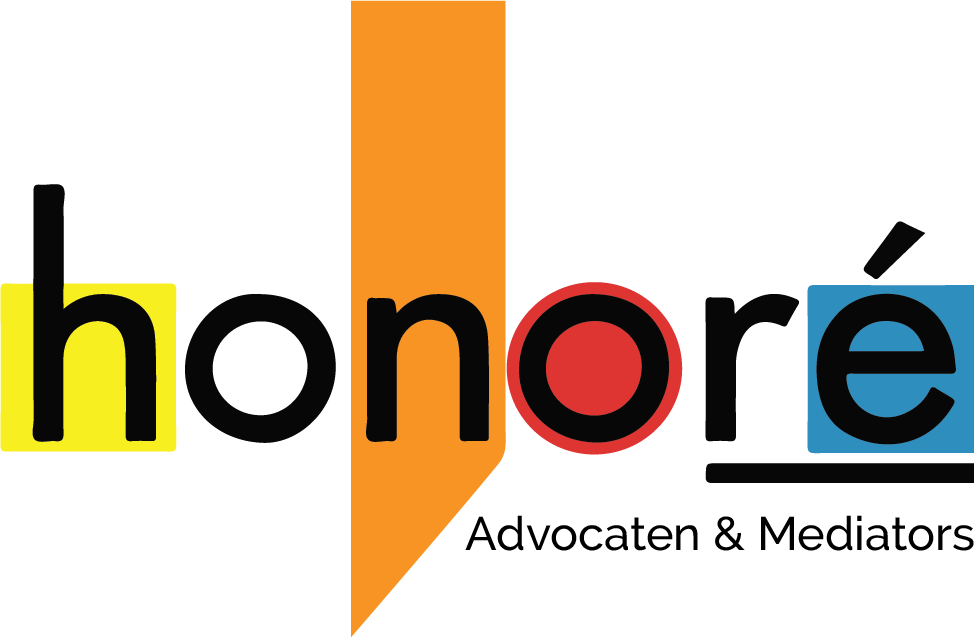The Dienst Uitvoering Onderwijs (DUO) (in English: the Education Executive Agency) is the government agency responsible for determining whom is eligible for study finance. In some cases study finance applications are denied and students who are eligible for study finance are not granted any. For these students it is important to know that there is a possibility to object and/or appeal any decision made by DUO.
Objecting to a DUO decision
A student can object to any negative decision issued by DUO. This objection must be lodged within six weeks of the decision (in other words: within six weeks counting from the date that is above the letter). Students can lodge an objection against any written decision made by DUO. These decisions are usually not send by post but are issued through ‘Mijn DUO’ (My DUO).
If the objection is lodged after the six weeks the objection will be inadmissible. It is only in extraordinary cases that a student can successfully defend themself against a statement of inadmissibility. The student must raise the defence of an excusable reason for exceeding the term (unforeseen circumstances). If you have any specific questions about this you can contact one of our education lawyers free of charge.
An objection is lodged with a letter of objection. The letter sets out the legal framework and the grounds for the objection, substantiated by the facts of the case. These cases are handled by DUO themself. Students do not need to go to court and there is no hearing. DUO has six weeks, from the end of the objection period, to make their decision.
DUO can decide that the objection is either well-founded or ill-founded. If the objection is well-founded, DUO will revise their decision. If the objection is ill-founded then DUO will uphold their original decision. From here it is possible to appeal an ill-founded objection before the court.
Lodging an appeal
After receiving the decision on objection a student will have six weeks to appeal this decision with the court. The appeal does not focus on the original (primary) decision, but on the (ill-founded) decision on objection. Again, the proceedings start with a letter of appeal.
DUO will respond to the letter of appeal with a statement of defence. After both the letter of appeal and the statement of defence have been received by the court, the judge will plan a hearing. At this hearing both the student (and their lawyer) as well as an employee of DUO will be able to explain and clarify their position in detail.
Within six weeks after the hearing, the court will render their decision. The decision will (again) be either well-founded or ill-founded.
Centrale Raad van Beroep (CRvB) (in English: Central Appeals Tribunal)
If the court has deemed the appeal to be ill-founded then it is possible to lodge an appeal with the highest court regarding study finance related matters: the Central Appeals Tribunal (in Dutch: Centrale Raad van Beroep). Court proceedings with the CRvB are very similar to lower court proceedings. However, a case with the CRvB takes much longer.
More information
Have you received a negative decision from DUO or has your objection been rejected? Send the decision to one of our education specialists and we can provide you with free advice. Email us at: karmiris@honoreadvocaten.nl, or call: +31 (0) 30 214 51 50.

